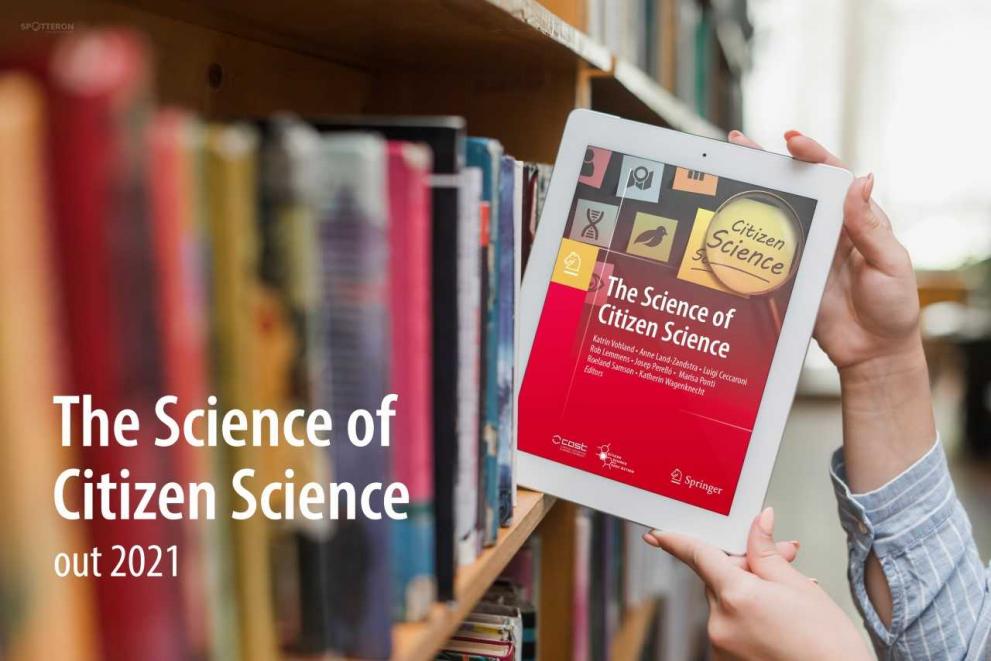
A new publication,"The Science of Citizen Science" concludes four years of intensive exchange within a dedicated European research network on citizen science (COST).
"It signals a beginning, as its curriculum-like structure gives universities and others the opportunity to reflect on both the substantive contributions to research and the societal added value of Citizen Science," says Dr. Katrin Vohland, Director General of the Natural History Museum Vienna and first editor of the book.
JRC scientists contributed to four dedicated chapters addressing the following topics:
- What Is Citizen Science? The Challenges of Definition
- Citizen Science in Europe
- A Conceptual Model for Participants and Activities in Citizen
- Citizen Science and Policy
The target audience of the book is the international Citizen Science community (scholars), practitioners and especially universities. It should make it easier for academia to adopt individual parts into their curriculum, or perhaps even to establish courses or professorships for Citizen Science.
Citizen Science
Citizen scientists, i.e. people who are not employed as scientists, can be involved in several stages of the scientific process, from collecting data to being part of the entire process from beginning to end. Citizen Science is increasingly acknowledged by the political level.
On the one hand, the scientific outcomes are appreciated, and on the other hand, the increase of scientific literacy as such is supported. Citizen Science accordingly plays a role in national education programmes as well as in European research and innovation policy.
COST Action Citizen Science to promote creativity, scientific literacy, and innovation throughout Europe
This book, with contributions from 100 authors addresses the strengths and barriers that are relevant to fulfil the many expectations of citizen science. It is a culmination of the work of the COST (Cooperation in Science and Technology in Europe) Action, "Citizen Science to promote creativity, scientific literacy, and innovation throughout Europe“.
As part of this activity scientists, practitioners, and representatives of key organisations have discussed various issues related to Citizen Science. Topics included:
- The quality of Citizen Science, which refers to both the data and the involvement of citizens;
- Ontologies of Citizen Science, so that international platforms can better exchange and use synergies;
- Educational aspects as, for example, the trade-offs of teachers who would like to offer real-life research examples to their students but also have to follow their curricula;
- How Citizen Science can contribute to environmental monitoring or societal transformation
Further reading:
Open Access Publication: The Science of Citizen Science by Springer
COST Action 15212: Citizen Science to promote creativity, scientific literacy, and innovation throughout Europe
Related Content
The Science of Citizen Science
Community: Examining the use and practices of Citizen Science for EU policies
Details
- Publication date
- 12 January 2021
